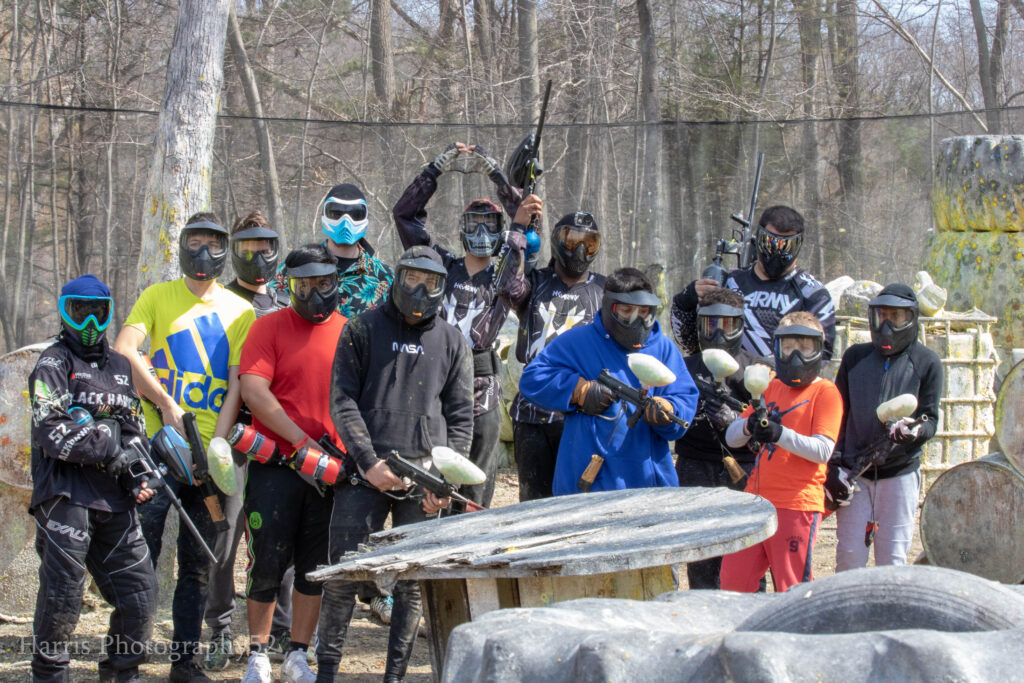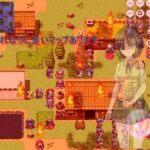Paintball is known for its high adrenaline, fast-paced strategy, and competitive team spirit. But every now and then, a moment happens that surprises even the most experienced players—a dramatic cry during a paintball game.
Whether it’s a burst of tears, a loud emotional outburst, or a full-on breakdown, these moments leave everyone asking: What just happened?
This article explores the emotional and psychological side of paintball—from the causes of emotional reactions to how to handle them when they happen.
🎭 What Does a “Dramatic Cry” Mean in Paintball?
A dramatic cry isn’t just about shedding tears. It could be:
- A loud scream or emotional breakdown
- Visible frustration or anger
- Crying due to pain or fear
- A reaction to team pressure, failure, or embarrassment
It may seem unusual in such a tough and tactical sport—but it happens more often than you might think, especially with first-time players, children, or high-stress matches.
😢 Why Do People Cry During Paintball?
1. Physical Pain

Paintballs can hurt—especially at close range. A direct hit on sensitive areas (neck, fingers, inner thigh) can sting sharply and trigger involuntary tears.
2. Fear or Panic
New players may feel overwhelmed by the noise, sudden hits, or confusion during gameplay. Paintball can simulate a “battlefield” environment that’s intense for someone not used to it.
3. Performance Pressure
In team-based games, players may feel:
- Guilt for making a mistake
- Anxiety about letting teammates down
- Frustration from repeated elimination
This mental strain can lead to emotional outbursts, especially among competitive personalities or younger players.
4. Unfair Play or Conflict
Being targeted excessively (sometimes called “bonus balling”), getting into arguments, or witnessing cheating can emotionally affect players—especially if they feel helpless or unheard.
5. Adrenaline Crash
Adrenaline spikes during the game, and when it drops, it can trigger unexpected emotions—crying included. It’s a normal physiological response to intense activity and fear.
📖 Real-Life Stories: When the Tears Hit the Turf
💬 “I didn’t even feel embarrassed. I just couldn’t stop crying.”
—Rachel, 17, first-time player
“I got hit in the chest and the shock of it combined with the loudness around me just made me lose it. I wasn’t sad or hurt—it was like my body just needed to let go.”
💬 “It wasn’t the paint—it was the pressure.”
—Carlos, 25, competitive league player
“I was leading my team in a semi-final, made a bad call, and we lost. I sat down behind the barrier and just cried. It wasn’t pain—it was disappointment.”
These moments show how paintball isn’t just physical—it’s deeply emotional too.
🧠 The Psychology Behind Emotional Reactions in Paintball

Paintball engages the fight-or-flight system, triggering a rush of cortisol and adrenaline. While most players channel that into movement and tactics, others may respond emotionally—especially if they’re overwhelmed or unprepared.
Key psychological triggers include:
- Sensory overload (bright colors, loud hits, shouting)
- Hyper-competitiveness
- Low pain tolerance
- Social embarrassment
Understanding these triggers helps teams create supportive environments that focus on fun and safety—not just winning.
🛑 What to Do If Someone Cries During a Paintball Game
✅ For Teammates & Opponents:
- Pause the game if needed—safety comes first
- Offer a calm space away from the field
- Avoid mocking, laughing, or viral filming—respect matters
- Ask if they want to talk or just breathe
- Encourage hydration and rest
✅ For the Player:
- Don’t feel ashamed—crying is a human reaction
- Take time to calm your heart rate
- Focus on deep breathing or step away temporarily
- Remember: you’re not weak—you’re adapting
🏅 Tips to Prevent Emotional Overload in Paintball
- Mentally prepare before the game: Know what to expect
- Use proper gear: Padding reduces pain and fear of injury
- Start with casual matches before jumping into competitive play
- Play with friends or familiar teammates for emotional support
- Take breaks often, especially in longer sessions
- Normalize emotions within your group—it’s okay to feel deeply
🎯 When a Cry Turns into a Comeback
Many players who cry during a paintball game return stronger. They learn to manage stress, build resilience, and understand that vulnerability can coexist with bravery.
A dramatic cry doesn’t make you weak—it means you care. Whether it’s from pain, fear, or disappointment, that emotion can become fuel for growth.
❓ FAQs About Crying During Paintball
1. Is it common to cry during paintball?
Yes, especially among first-timers or younger players. The intensity can catch people off guard.
2. Does getting hit hurt that much?
It can sting, especially at close range. But with proper gear and safety rules, most hits are manageable.
3. What should I do if I panic during a match?
Call for a break, signal a referee, or walk off the field. Your safety and comfort matter most.
4. Are emotional reactions embarrassing?
Not at all. Crying is natural and often temporary. Many experienced players have had similar moments.
5. How can I build emotional resilience in high-stress games?
Practice mindfulness, play regularly, debrief after games, and focus on fun—not just winning.
📌 Final Thoughts
A dramatic cry during a paintball game may seem out of place, but it’s more common than people admit. Behind the masks and camouflage are real people—navigating pressure, excitement, pain, and sometimes, emotional overwhelm. Next time it happens—whether to you or someone else—treat it not as a weakness, but as a reminder that sports are deeply human experiences. Feelings are part of the battlefield, too.












